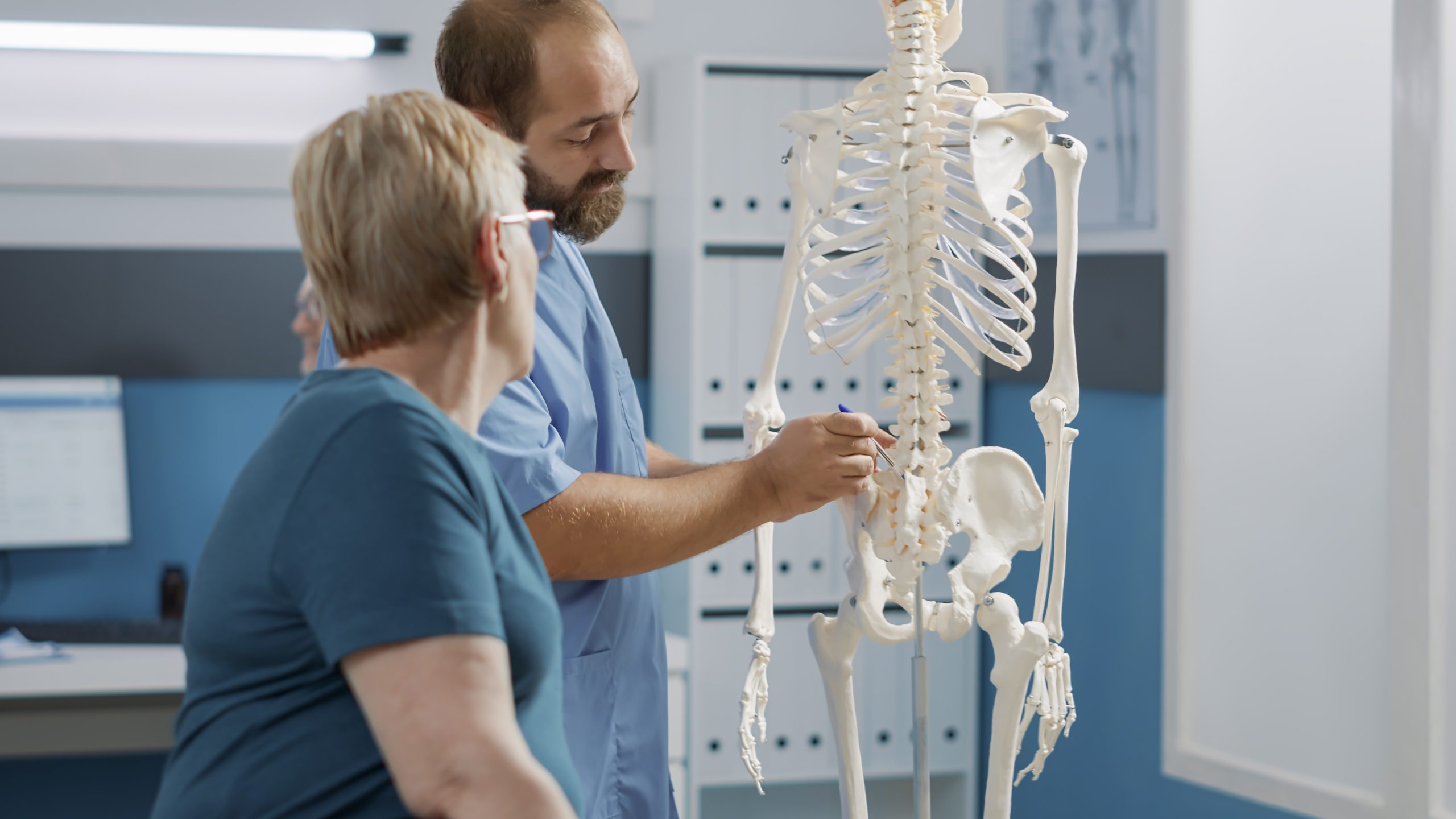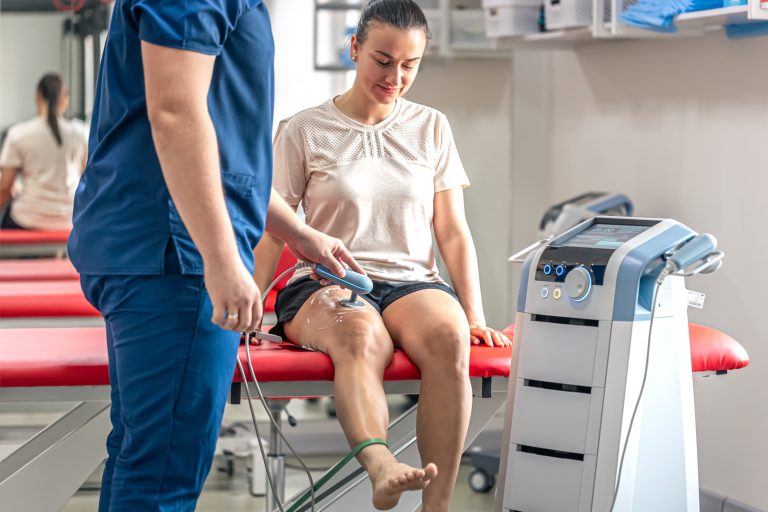Maintaining a healthy spine is crucial for overall well-being, and nutrition plays a key role in supporting spinal health. At Spinal Recovery Center, located at 2243 East 12 Mile Road, Warren, Michigan 48092, we emphasize the importance of a balanced diet in preventing and managing spinal conditions. The right nutrients can strengthen your spine, reduce inflammation, and promote healing, whether you’re recovering from an injury or aiming to prevent spinal issues.
Key Nutrients for Spinal Health
- Calcium and Vitamin D Calcium is essential for bone strength, and vitamin D helps your body absorb calcium effectively. Together, these nutrients keep your vertebrae strong, reducing the risk of osteoporosis and fractures. Dairy products, leafy greens, and fortified foods are excellent sources of calcium, while sunlight and fatty fish provide vitamin D.
- Magnesium Magnesium is vital for maintaining healthy muscle and nerve function, which directly impacts your spinal health. This mineral helps prevent muscle spasms and supports the structural development of bones. You can find magnesium in foods like nuts, seeds, whole grains, and leafy green vegetables.
- Omega-3 Fatty Acids Omega-3 fatty acids are known for their anti-inflammatory properties, which can reduce spinal pain and swelling. These healthy fats also support the health of intervertebral discs, the cushions between your vertebrae. Incorporate omega-3s into your diet by eating fatty fish like salmon, flaxseeds, and walnuts.
- Vitamin C Vitamin C is crucial for the production of collagen, a protein that helps maintain the integrity of your spinal discs and connective tissues. A diet rich in fruits and vegetables, particularly citrus fruits, strawberries, and bell peppers, ensures you get enough vitamin C to support spinal health.
- Protein Protein is essential for the repair and regeneration of tissues, including those in your spine. A diet with adequate protein intake helps in healing after spinal injuries or surgeries. Lean meats, fish, eggs, legumes, and dairy products are excellent sources of protein.
How Nutrition Affects Spinal Conditions
Nutrition doesn’t just support general spinal health—it can also play a significant role in managing specific conditions:
- Herniated Discs: Anti-inflammatory foods can help reduce the pain and swelling associated with herniated discs. A diet rich in omega-3 fatty acids, antioxidants, and fiber can alleviate symptoms and promote healing.
- Osteoporosis: For individuals with osteoporosis, a condition that weakens bones and makes them more susceptible to fractures, maintaining adequate calcium and vitamin D levels is crucial. These nutrients work together to keep bones strong and reduce the risk of spinal fractures.
- Arthritis: If you suffer from arthritis of the spine, incorporating anti-inflammatory foods can help manage pain and stiffness. Foods rich in antioxidants, such as berries, leafy greens, and nuts, can help reduce inflammation in the joints and improve mobility.
Tips for a Spine-Friendly Diet
- Stay Hydrated: Water is essential for maintaining the elasticity and fluidity of your spinal discs. Dehydration can lead to disc degeneration, so it’s important to drink plenty of water throughout the day.
- Maintain a Healthy Weight: Excess weight puts additional strain on your spine, particularly the lower back. A balanced diet that helps you maintain a healthy weight can reduce this pressure and lower your risk of developing back pain.
- Avoid Processed Foods: Processed foods are often high in sugars and unhealthy fats, which can contribute to inflammation and spinal discomfort. Focus on whole, unprocessed foods to support overall health and reduce spinal pain.
- Supplement Wisely: If you’re unable to get enough of the necessary nutrients through diet alone, supplements can be a helpful addition. However, it’s important to consult with a healthcare provider before starting any supplementation, especially if you have existing health conditions.
Nutrition plays a fundamental role in maintaining and improving spinal health. By incorporating key nutrients into your diet and making healthy lifestyle choices, you can support your spine and reduce the risk of spinal conditions. If you’re experiencing back pain or spinal issues, or if you want to learn more about how nutrition can impact your spine, visit us at Spinal Recovery Center at 2243 East 12 Mile Road, Warren, Michigan 48092. Our team of experts is here to guide you on the path to better spinal health through personalized care and advice. Contact us today to schedule a consultation and take the first step toward a healthier spine.




